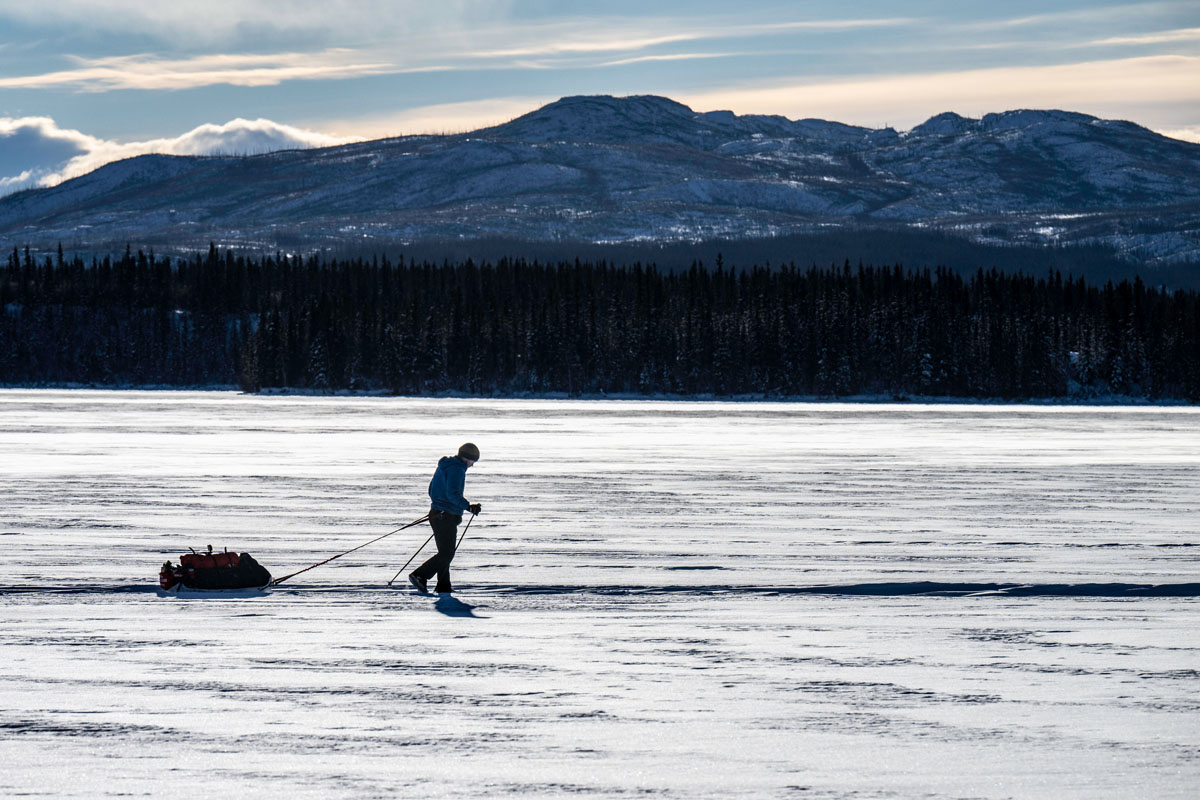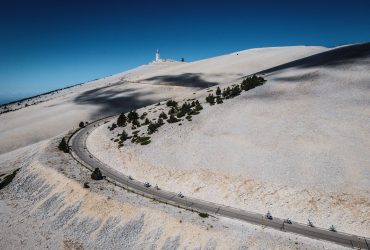692 km pulling a sled in the cold of the Canadian Yukon. This is the XXL program proposed by the Yukon Arctic Ultra, an ultra-marathon that can be completed by bike, cross-country ski or on foot.
From February 4 to 17, they will still be about thirty to participate in the Yukon Arctic Ultra. This event is simply one of the most difficult in the world in terms of ultra-marathon. In France, it remains little known, especially because the French athletes are rather rare to line up on this event. However, it is a Frenchman who won in 2019 and brought a little more light on this Yukon Arctic Ultra, nearly 700 km long.
Winner of the 430 miles to the program traced in the north of Canada between Whitehorse and Dawson City, Thierry Corbarieu took nine days to arrive at the end of this incredible journey. On foot, by pulling a sled able to assure him a complete autonomy and which weighs 25 kg at the beginning. Each day, he pulled it for 15 to 20 hours, sleeping on average only one hour and a half each day. Enough to allow him to complete the event faster than some participants on a bicycle (the Yukon Arctic Ultra can be done on foot, mountain bike or cross-country ski).
"It's an icy race where no detail should be overlooked at the risk of one's life," he explained after his victory in Widermag. "It's really out of category, you need total commitment or go for the shorter formats... The main difficulties are the cold of course with a start at -34° and nights at-40° in the tent. Sleep is the predominant factor, along with the impressive outlay of energy. The distance is also very long and the checkpoints far away. You have to be able to manage without the organization. There were times when I spent 20 hours at the end without seeing anyone.
While Thierry Corbarieu has completed the Yukon Arctic Ultra on foot, it is also possible to do it on cross-country skis or mountain bikes, still on the same 700 km course that follows that of the Yukon Quest (a 1,648 km sled dog race across the Canadian far north and Alaska). Conceived in 2003, the event also offers shorter distances of 100 and 300 miles, as well as a marathon. Extreme temperatures can reach -40 degrees. These conditions are particularly difficult to manage, and sometimes have serious consequences, as in the 2018 edition when Italian Roberto Zanta lost both feet and nine fingers to the cold. Nothing, however, to put off participants in the 2023 edition, which will start at 10.30 a.m. on February 4, 2023.
Copyright photos : Mark Kelly











